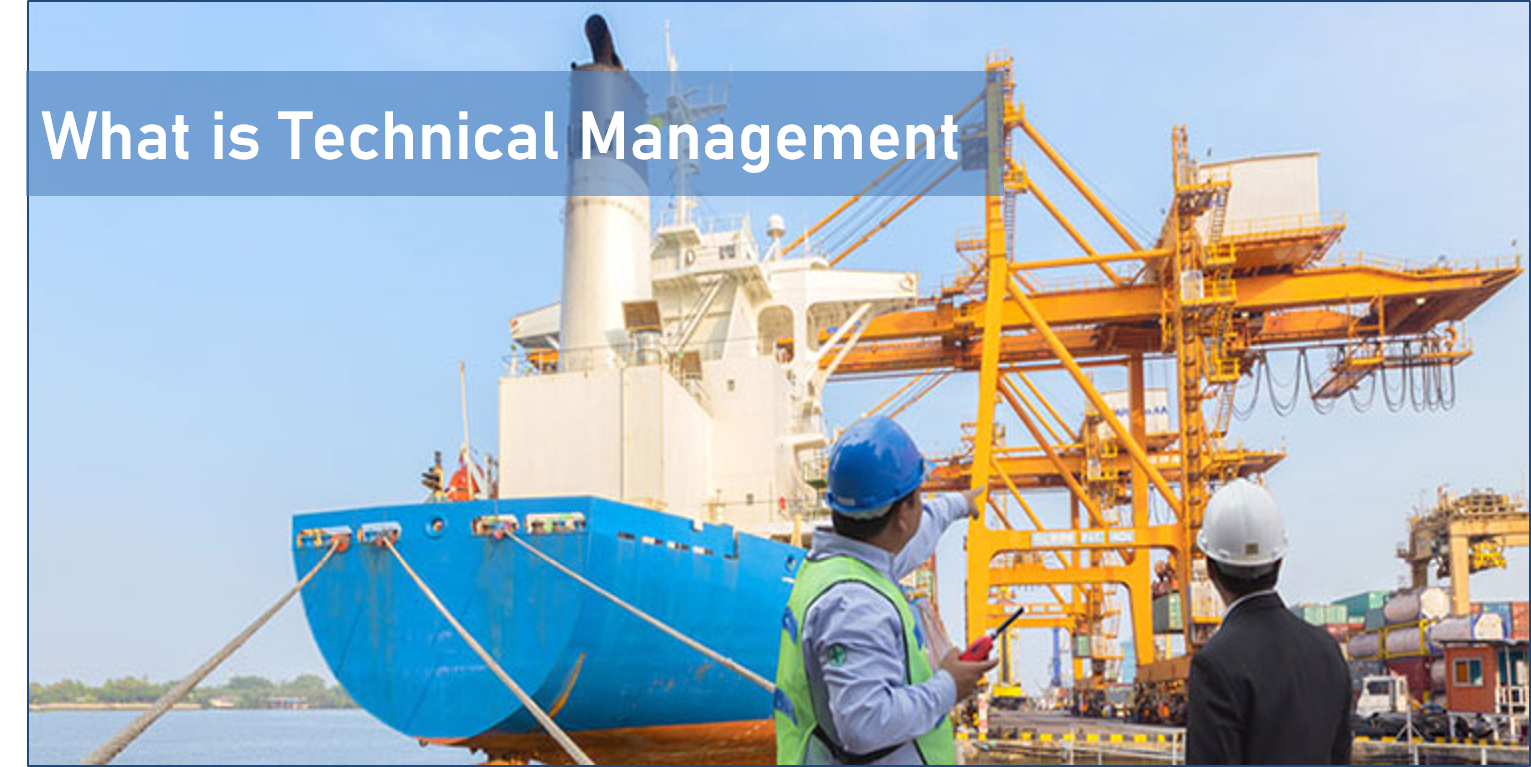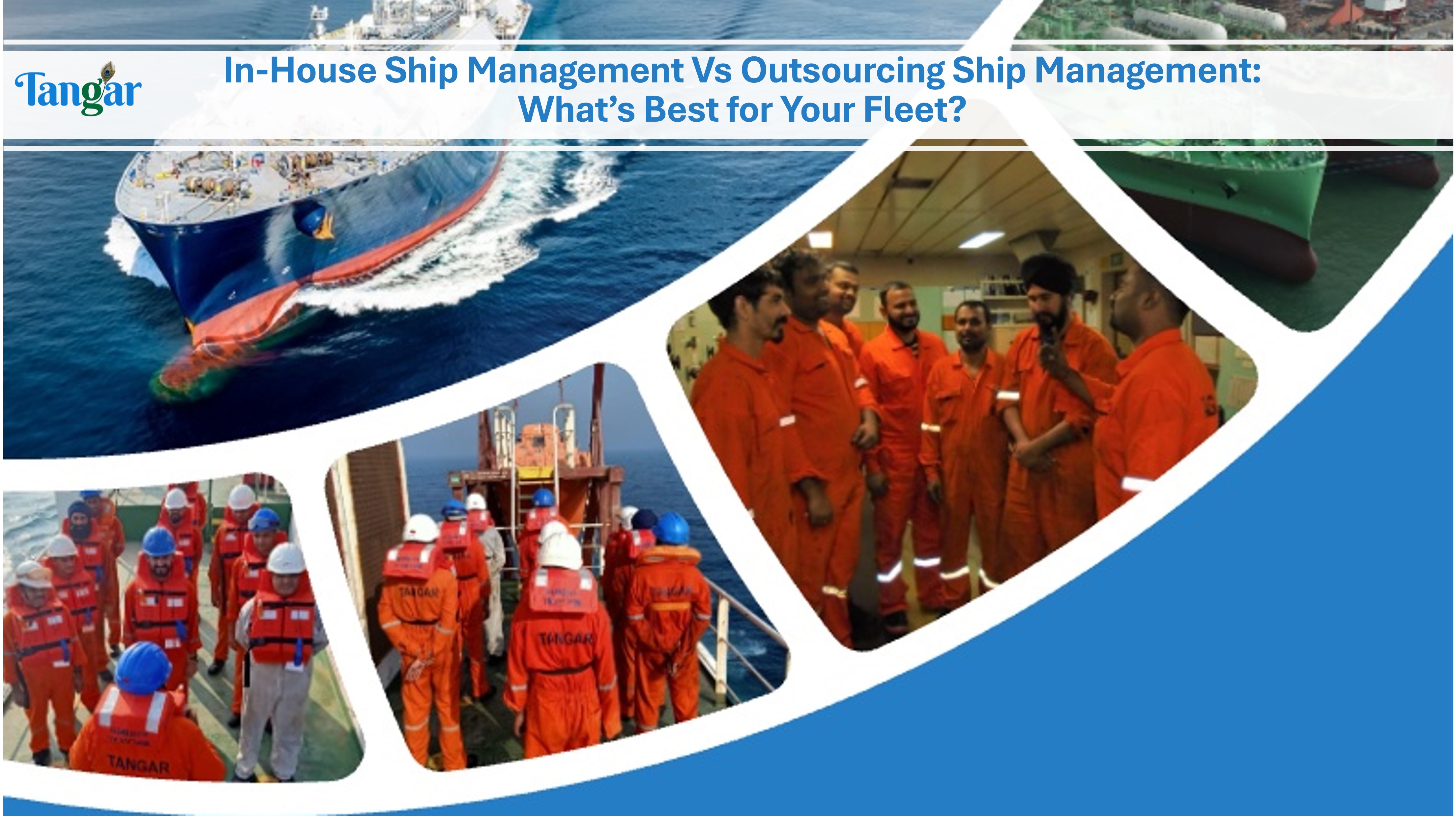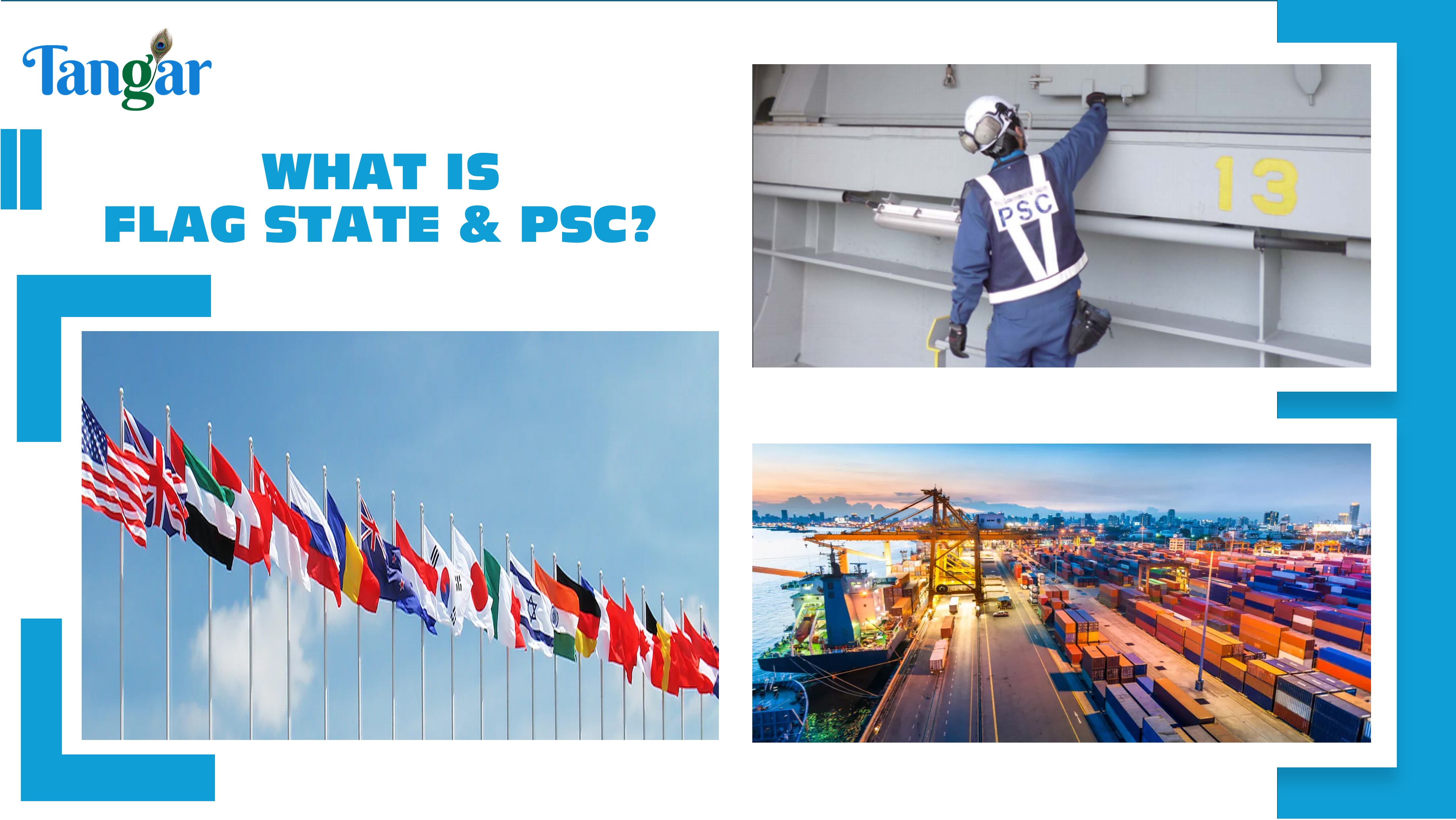
Maritime Labour Convention (MLC), 2006
Understanding the Maritime Labour Convention (MLC), 2006: A Guide to Seafarers' Rights
Note: This blog focuses on the MLC 2006. Updates introduced in the amended version, effective from December 24, 2024, will be covered in our next blog.
Overview of the MLC 2006
The Maritime Labour Convention (MLC) 2006, often referred to as the Seafarers' Bill of Rights, was established by the International Labour Organization (ILO) to regulate working and living conditions for seafarers. Adopted on February 7, 2006, during the Ninety-fourth Session of the International Labour Conference in Geneva, this convention consolidates and modernizes over 65 international maritime labour standards. Its primary goal is to create a uniform and enforceable framework that upholds the rights of seafarers while ensuring fair competition for shipowners.
Objectives of the MLC 2006
The MLC 2006 is designed to:
-
Safeguard seafarers' rights while balancing shipowners' interests.
-
Set standardized minimum working and living conditions worldwide.
-
Streamline maritime regulations into a comprehensive document.
Key Components of the MLC 2006
The Convention is structured into five key titles:
Title 1: Minimum Requirements for Seafarers to Work on a Ship
-
Age Restrictions: Seafarers must be at least 18 years old for hazardous tasks and 16 for general employment.
-
Medical Certification: All seafarers must hold valid medical certificates to ensure fitness for duty.
-
Training & Qualifications: Compliance with international safety and competency standards is mandatory.
Title 2: Employment Conditions
-
Fair Employment Contracts: Seafarers must be provided with clear, just, and enforceable contracts.
-
Wages & Work Hours: Salaries must be paid regularly, with regulated work/rest hours to prevent fatigue.
-
Repatriation Rights: Seafarers are entitled to return home at the end of their contract or in emergencies.
Title 3: Accommodation, Recreation, Food, and Catering
-
Living Conditions: Ships must ensure hygienic, safe, and comfortable accommodations.
-
Nutrition Standards: Access to nutritious meals and clean drinking water is a fundamental right.
Title 4: Health Protection, Medical Care, Welfare, and Social Security
-
Onboard & Shore Medical Support: Seafarers should have access to healthcare services both at sea and onshore.
-
Occupational Safety: Adequate measures must be in place to prevent work-related injuries and illnesses.
Title 5: Compliance & Enforcement
-
Flag State Inspections: Ships must undergo regular inspections and certification by their respective flag states.
-
Port State Control: Foreign vessels can be inspected to ensure adherence to MLC standards.
Importance of the MLC 2006
Improving Working Conditions
The Convention helps prevent exploitation by ensuring fair wages, adequate rest, and medical access for seafarers.
Ensuring Fair Competition
By setting consistent labour standards, the MLC discourages unfair cost-cutting practices that compromise seafarer welfare.
Enhancing Maritime Safety
Improved living conditions contribute to higher morale and better performance, reducing human error-related accidents.
Challenges in Implementation
Despite its significance, enforcing the MLC 2006 presents some challenges:
-
Flags of Convenience: Some ship registries may attempt to circumvent compliance.
-
Lack of Awareness: Not all seafarers are fully informed about their rights under the Convention.
-
Enforcement Difficulties: Ensuring uniform implementation across jurisdictions remains complex.
Conclusion
The Maritime Labour Convention, 2006, is a pivotal framework ensuring fair treatment for seafarers while promoting responsible shipping practices. It underscores the maritime industry's commitment to improving working conditions, ensuring regulatory compliance, and maintaining global standards. As the industry continues to evolve, the MLC remains a crucial instrument for safeguarding the rights and well-being of the workforce that keeps global trade moving.









